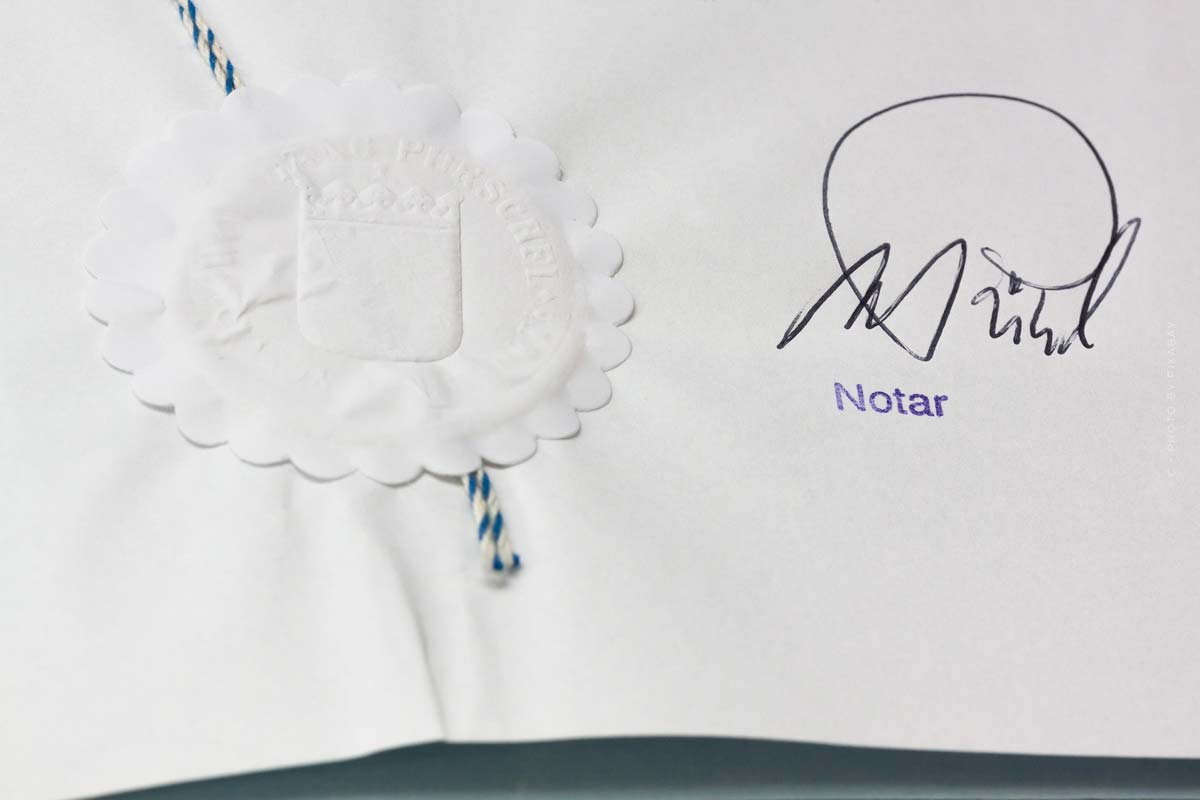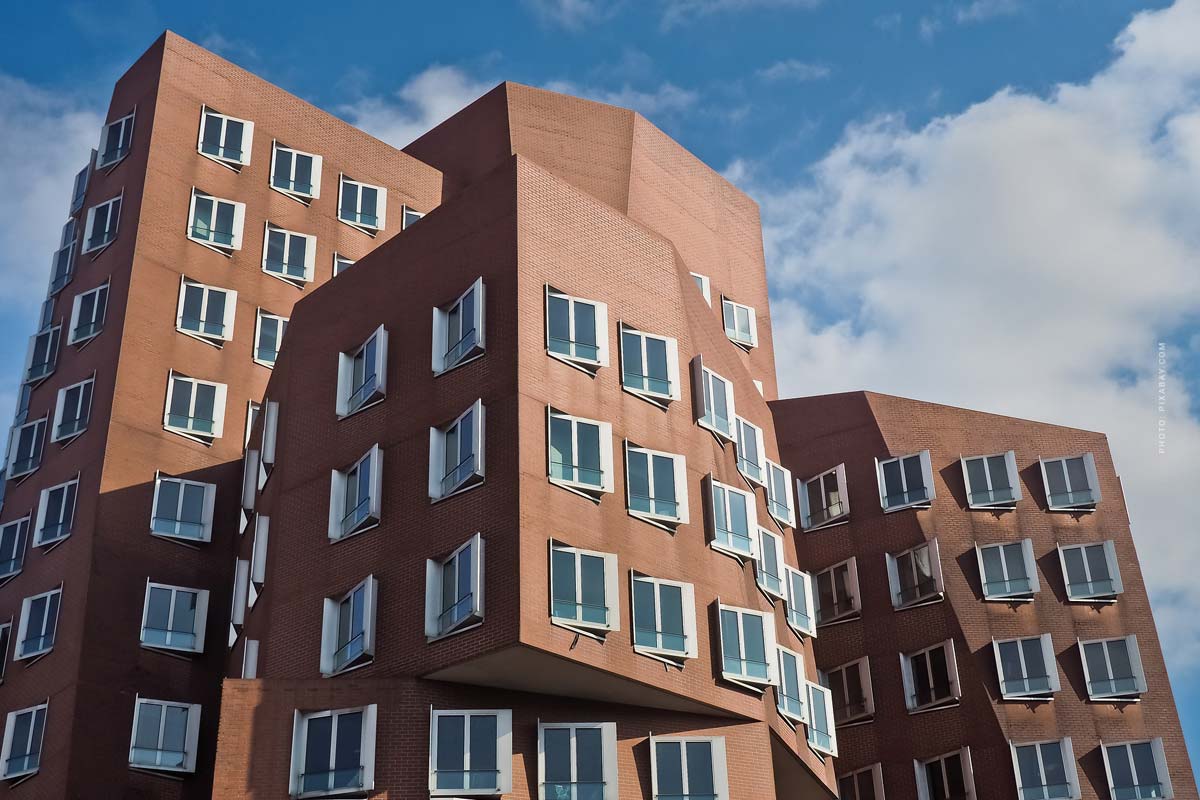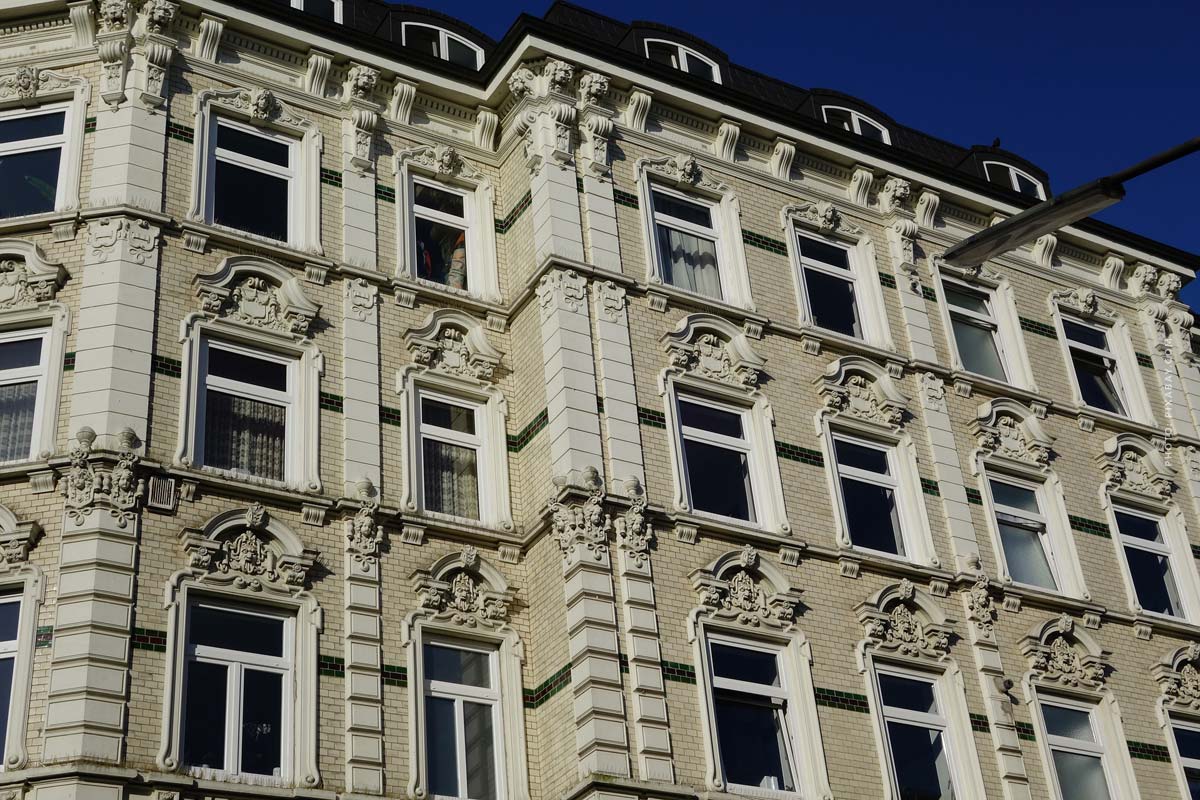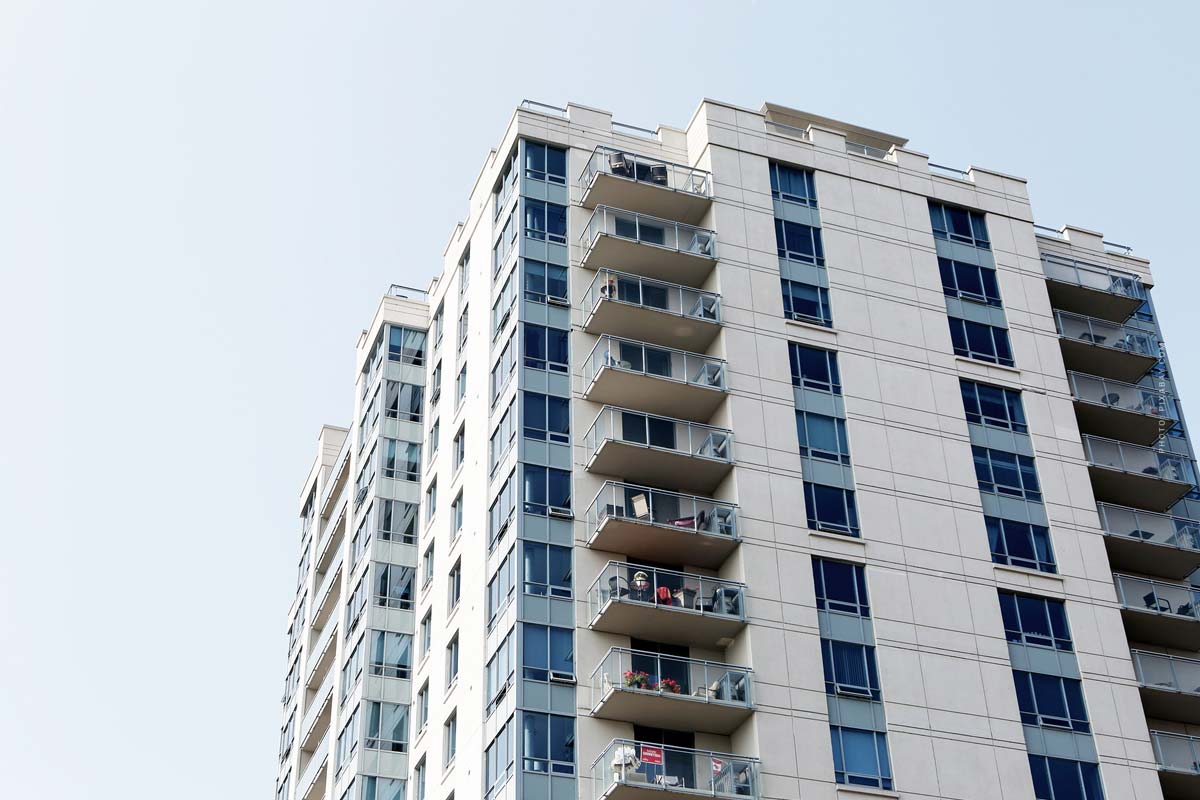Apartment sale purchase agreement: What to look out for? – Content, notary & documents
Sell Apartment Purchase Agreement – If you want to sell your apartment, a purchase agreement is an essential part of the process. The purchase contract is a legally binding document that specifies the terms of the sale and describes the rights and obligations of both parties. In this context, the notary also plays an important role, whose certification is an important prerequisite for the sale transaction. Find out here everything you need to know about the contract of sale for the sale of apartments, from the content to additional documents to the notary appointment.
Why is the purchase contract so important?
When it comes to selling a condominium, a purchase agreement is crucial. The purchase contract formalizes the sale and sets out the terms and obligations for both parties. By signing the purchase agreement, both the buyer and the seller agree to the terms and conditions contained therein and are thus legally bound to abide by them.
Another important aspect of the purchase contract is the protection of the interests of both parties. The contract clearly defines what is expected from each party and ensures that the buyer receives the property in the condition and at the price as agreed in the contract.
- Legally binding
- Protection of interests
- Avoidance of misunderstandings
- Documentation of the sale
A sales contract also helps to avoid misunderstandings and ambiguities between the parties. It gives both parties clear instructions on what they have to do and what they can expect from the other party. In this way, potential problems can be identified and resolved in advance, before they lead to major conflicts.
Content of the purchase contract
The contract of sale of an apartment is an important legal contract that sets the conditions for the purchase and sale of an apartment. The contract regulates the rights and obligations of the buyer and seller and sets the conditions for the transfer of the apartment.
Here are some of the key points that may be included in a typical home purchase agreement:
- Name of seller & buyer
- Purchase price and payment terms
- Location & description of the apartment
- Apartment equipment details
- Loads and defects of the object
- Time of handing over the keys
- Warranty regulations
- Interest on late payments
- Special agreements
When you buy a condominium, you become part of the
To ensure that all aspects of the purchase of the apartment and the community of owners are clearly and legally binding, the following points are also included in the purchase agreement:
- Additional special property
- Existing special rights of use
- Common property incl. rights of use
- Community order
- Amount of the house money
- Amount of the maintenance reserve
- Current building plans & building description
Additional documents & papers
As a condo seller, you should be prepared for the fact that potential buyers may request to see certain documents.
These documents include, but are not limited to:
- Declaration of division
- Annual accounts
- Amount of the house money
- Amount of the maintenance reserve
- Resolutions of the homeowners’ association
- Community order
Let’s take a look at the respective documents, their content and task.
The declaration of division is an important document that forms the basis for the purchase contract and sets out the rules and regulations for the community of owners. The exact division of the ownership shares is also regulated in the declaration of division.
Year-end statements: Income & expenses
The year-end statements list the expenses and income of the owners’ association. Here, the buyer can see how high the annual costs for the building are and how they are distributed among the individual residential units.
Amount of the house money: Community finances
The house charge is a monthly contribution that owners pay to finance the common property. The buyer should know the amount of the house charge in order to be able to estimate what financial burden will be placed on him.
Amount of maintenance reserve for repairs
The maintenance reserve is a financial reserve formed by the owners’ association to finance repairs and maintenance measures on the common property. The buyer should know the amount of the maintenance reserve and whether it is sufficient to finance upcoming repairs and maintenance measures.
Previous resolutions of the condominium owners’ association
The buyer should know what resolutions the community of owners has adopted in the past, as they may have an impact on future costs and obligations.
Community Rules: Rights & Duties of the WEG
The community rules set out the rights and obligations of the owners and the regulations governing the management and use of the common property. The buyer should check the community rules carefully to know which regulations apply to him.
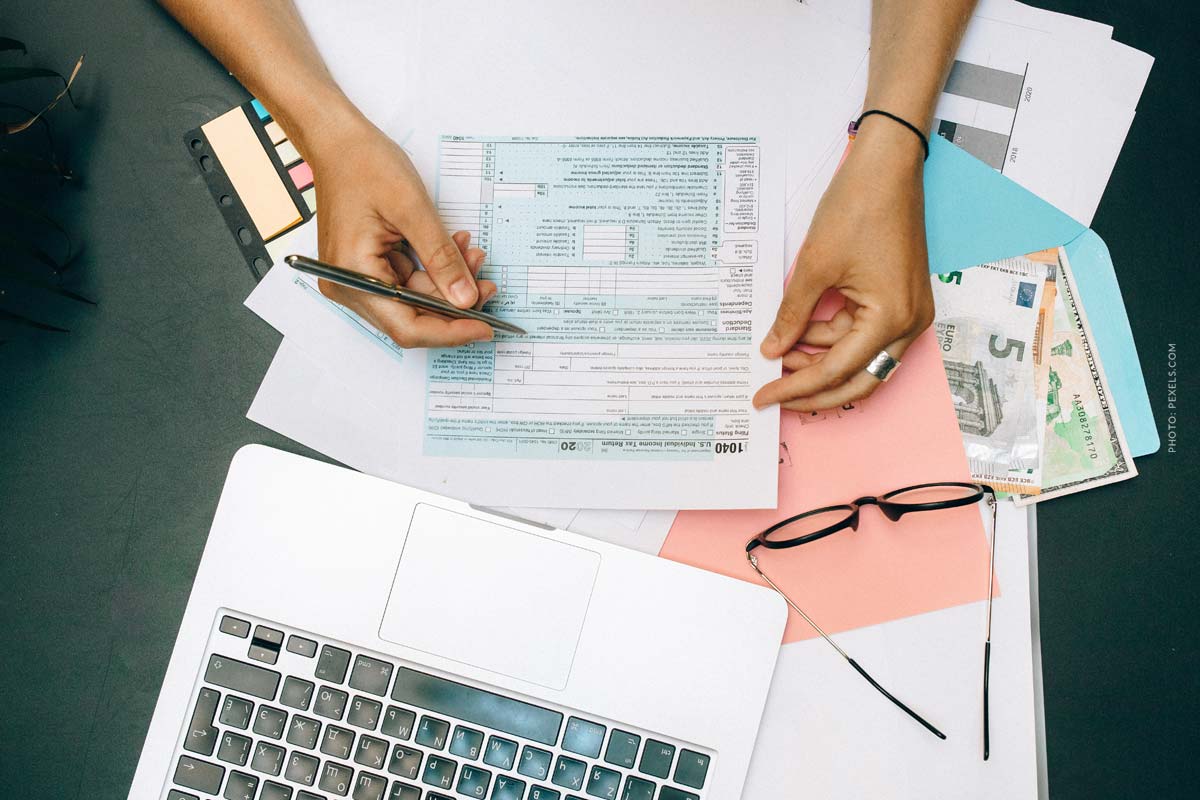
That is why a preliminary purchase agreement is important
Under certain circumstances, it may also be worthwhile to agree a preliminary purchase contract. This is particularly worthwhile if you have found a suitable buyer, but the actual sale will still take some time. Through a preliminary purchase agreement, you can already make the sale binding and thus secure a buyer at an early stage without having to pay the purchase price immediately.
Preliminary purchase agreement secures buyer and seller
Notary appointment: This is the task of the notary
The notary plays an important role in both the preliminary purchase agreement and the purchase agreement itself. He is legally obligated to take into account the interests of both parties to the contract and to draft a legally sound contract.
The most important tasks of the notary at a glance:
- Drafting of the preliminary purchase agreement
- Registration in the land register
- Notarization of the final contract
Drafting of the preliminary purchase agreement
In the case of a preliminary purchase agreement, the notary will usually first prepare a draft contract that sets out the arrangements and agreements between the seller and the buyer. Then, all relevant documents are reviewed to ensure that the apartment is properly divided and described.
Registration in the land register
After the preliminary purchase agreement has been signed by both parties, the notary is also responsible for registering the preliminary agreement with the land registry in order to file a priority notice in the land register. This priority notice ensures that the buyer is entered in the land register as soon as the final purchase agreement is signed.
Notarization of the final contract
When drawing up the final purchase agreement, the notary assumes a similar role to that of drawing up the preliminary purchase agreement. He ensures that all legal aspects are taken into account, such as registration in the land register and payment of the purchase price. The notary also certifies the signatures of both contracting parties and ensures that the purchase agreement is entered in the land register.
Conclusion: contract of sale for the sale of apartments
In summary, the purchase contract is one of the most important aspects of the sale of a condominium. It sets out all the conditions and obligations associated with the purchase of the apartment and ensures that the sale is legally sound. In some cases, it is also worthwhile to draw up a preliminary purchase agreement, which will safeguard both you and the buyer. Allow yourself enough time to collect all the important documents and carefully review the purchase contract drawn up by the notary so that nothing stands in the way of the successful sale of your apartment.



